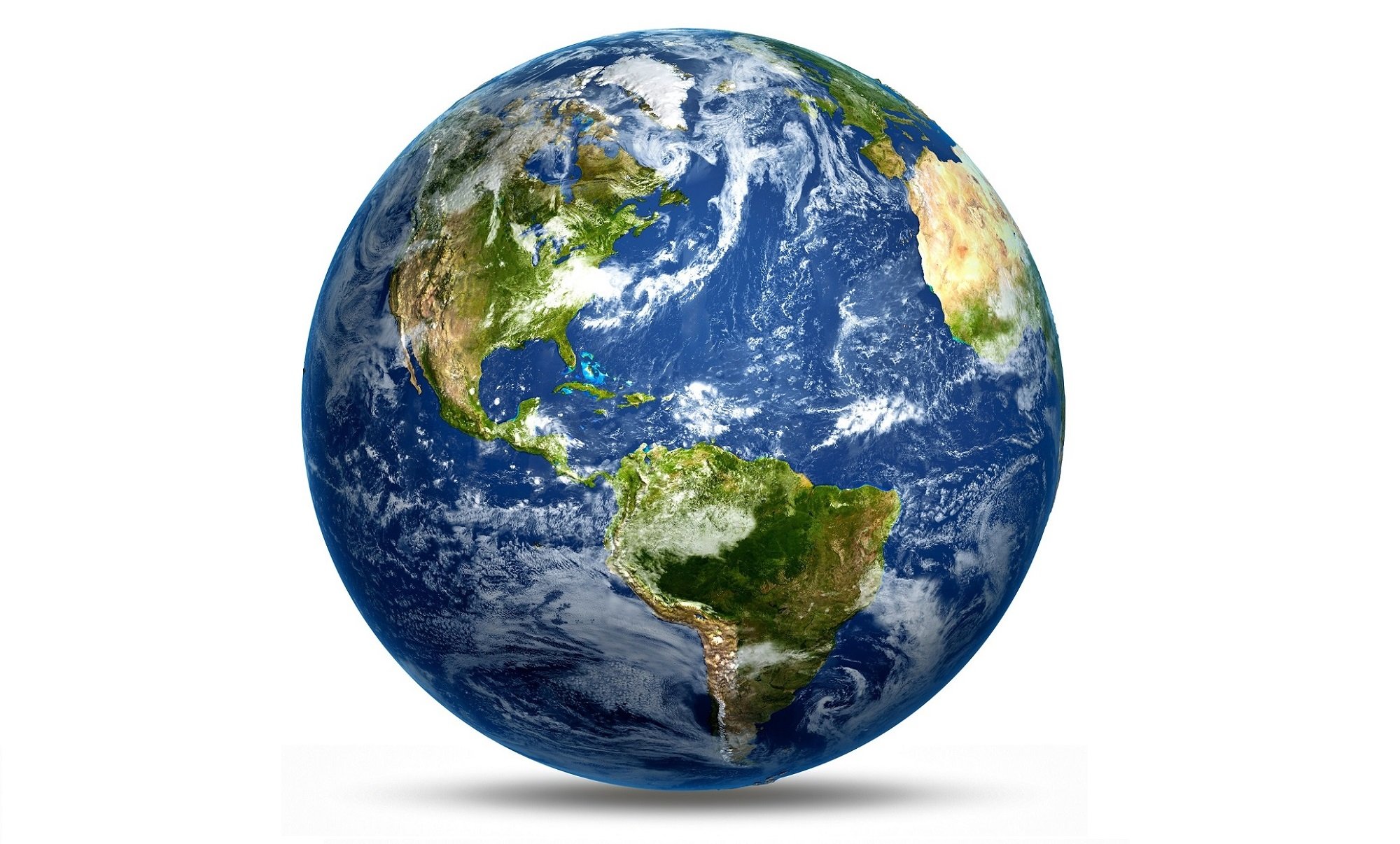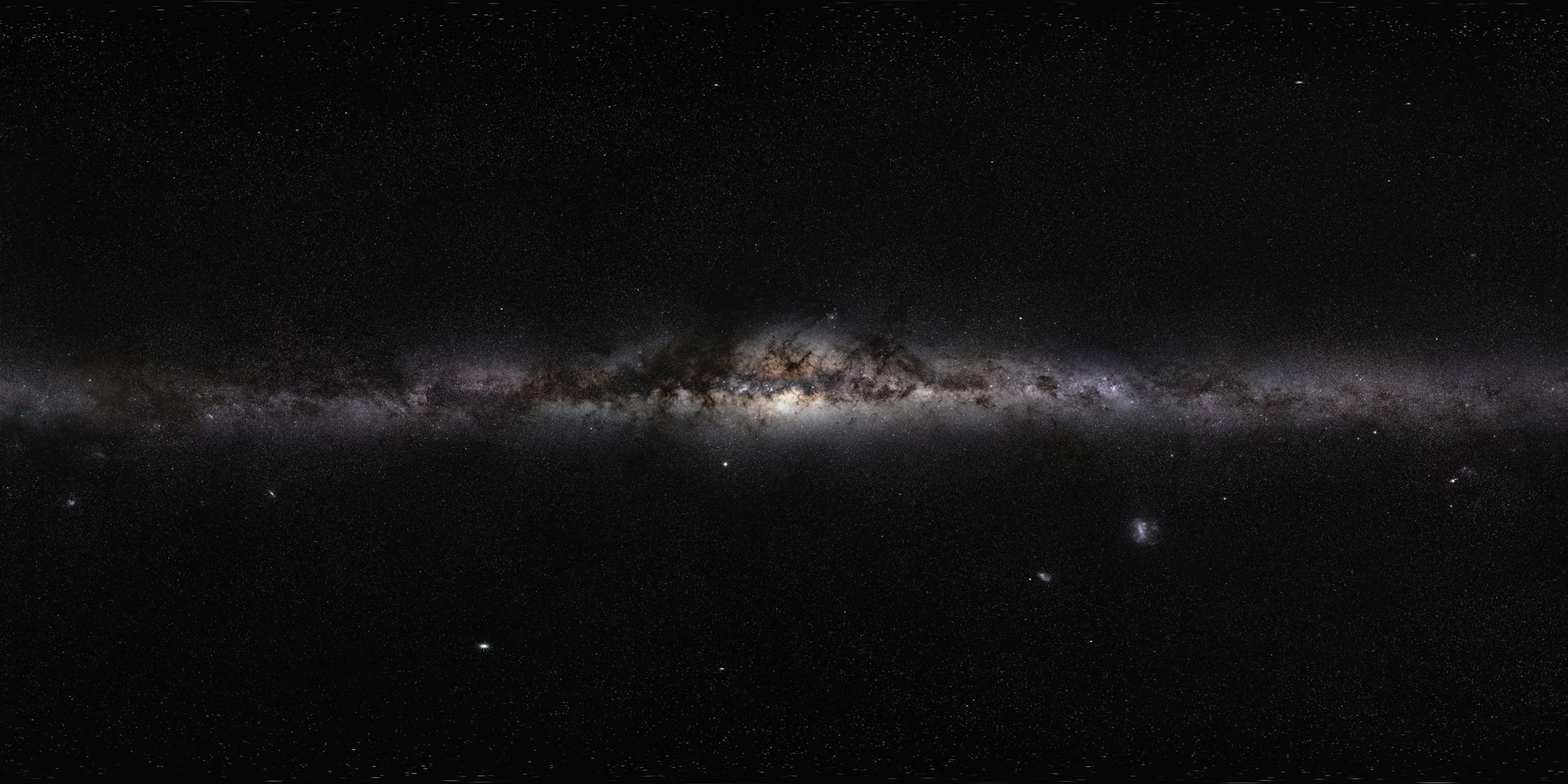The mass of our planet is volatile as it is subject to both gain and loss on a daily basis. So what exactly is going on? In this article, we explain how Earth acquires and loses mass.
Image Credit: ixpert via Shutterstock / HRD tune by Universal-Sci
How does Earth gain mass?
Our planet is attracting a rather significant amount of weight, 'pulling in' about 15,7 million kilograms (or about 34,6 million pounds) every year. (To put this in perspective, that is about 100 Boeing 747s or 7,000 f150 trucks.)
Most of the above-mentioned gathered mass enters our atmosphere in the form of dust which ultimately lands on the surface.
Sixteen million kilograms is quite a lot to take in on a yearly basis; in fact, it is quite feasible that a few freshly raked in space dust particles landed on your hair today!
The remainder of our Earth's yearly intake of mass mainly stems from meteorites. According to NASA, it is pretty normal to see multiple meteors per hour on any given night during the year. However, this number increases steeply when our planet passes through a comet trail, causing meteor showers.
Interesting fact: meteor showers generally occur in regular, predictable intervals, so we know when to expect them beforehand. They are commonly named after a constellation or star close to where the meteors emerge in the sky.
A great example is the so-called Perseids meteor shower which can be enjoyed yearly in the July/August months. Perseids is the result of Earth passing through the dust trail of the Swift-Tuttle comet.
Perseid meteor shower, a breathtaking occurrence - (Image Credit: Benjamin Schaefer via Shutterstock / HDR tune by Universal-Sci)
How does Earth lose mass?
Space dust and meteorites aren't the only phenomena to consider here. Earth is actually losing mass as well.
So how does it lose mass? One factor here is nuclear decay, taking place deep within our planet's crust. In short, heavy, unstable atomic nuclei lose energy via radiation leaving behind lighter particles. (Mass can be converted into energy as follows from Einstein's famous 'E = mc2' equation.)
Interesting fact: about half of Earth's heat is generated by nuclear decay. Geophysicists estimate that approximately 44.2±1.0 terawatts of heat is surging from Earth's interior into space (heat flux). About half of which is generated by the decay of uranium-238 and thorium-232.
The numbers mentioned above are astronomical, yet, due to the efficiency of nuclear fission, radioactive decay only contributes minutely to the loss of mass that our planet experiences. It is estimated that the Earth loses about 16,000 kilograms (about 35,000 pounds) of mass per year as a result of nuclear fission and natural nuclear decay.
However, a much more significant factor is our 'leaky' atmosphere. Earth's gravity isn't strong enough to prevent the lightest particles (mainly hydrogen and helium) from leaving.
Hydrogen and helium in our upper atmosphere tend to collide with each other where one particle typically loses kinetic energy and the other gains kinetic energy. A few particles Insurmountably reach escape velocity this way and escape our gravitational well as a result.
What about satellites and rockets? Most rockets and satellites fall back to Earth eventually, meaning that they are of no significant importance in this equation.
In total, about 90,000 kg (about 20,000 pounds) of material is estimated to escape from our upper atmosphere on a daily basis (32,8 million kg per year, which is about 72,4 million pounds).
Our atmosphere is losing quite some mass each and every day - (Image Credit: Chaleephoto via Shutterstock / HDR tune by Universal-Sci)
Is Earth growing or shrinking?
Altogether our planet is losing about 17 million kilograms (37 million pounds) of mass per year (mainly from its atmosphere).
This is of course only an estimate, many different estimates exist. Note that some of the higher-end estimates put our annual weight loss at about 80 million kilograms per year.
Still, even those numbers are nothing to lose sleep over though, as our planet's atmosphere weighs in at about five quadrillion (5 × 1015) tonnes. Meaning that it would take many, many, many times the current age of the universe for it to evaporate completely...
If you enjoy our selection of content consider subscribing to our newsletter (Universal-Sci Weekly)
FEATURED ARTICLES:









